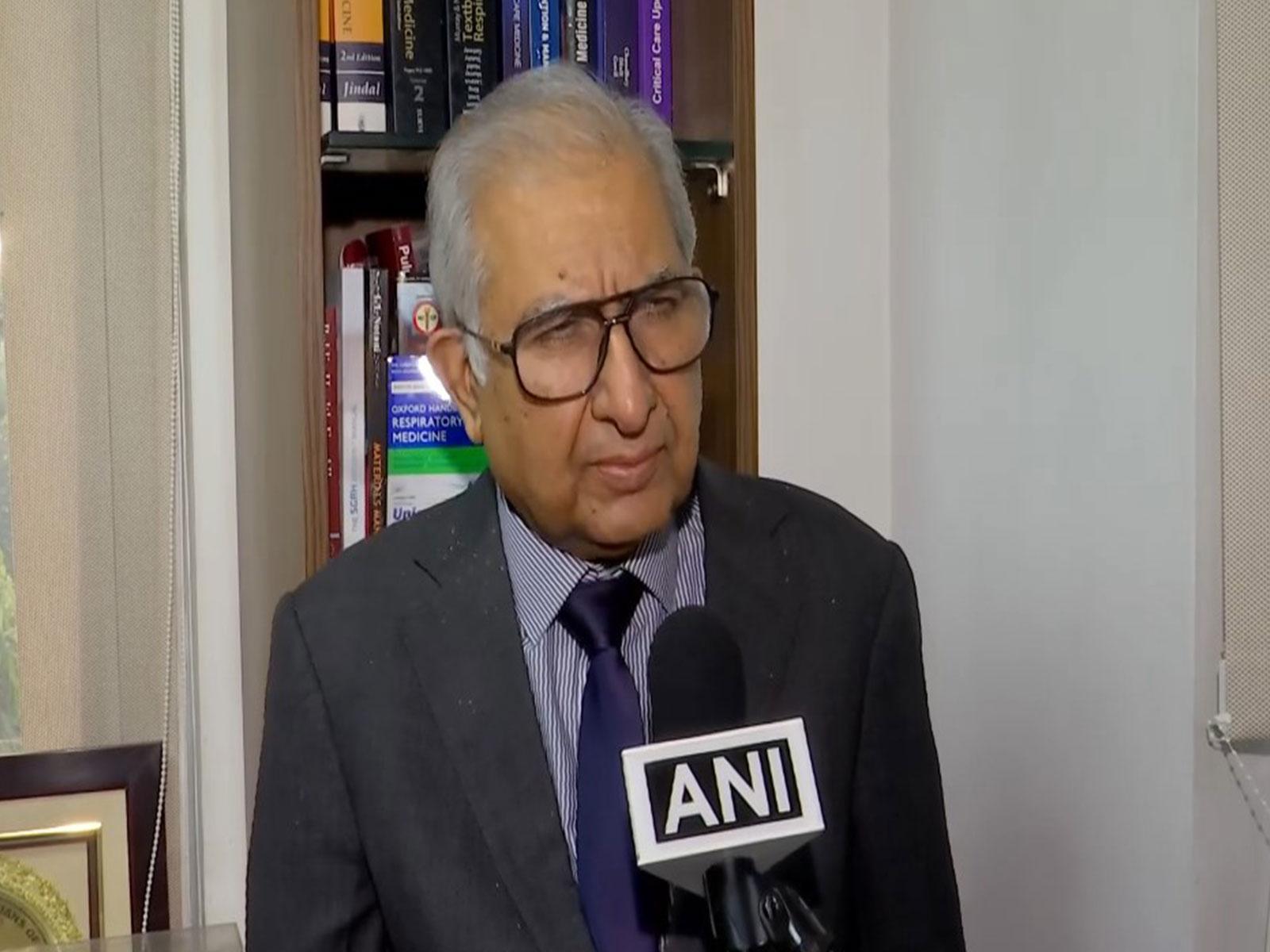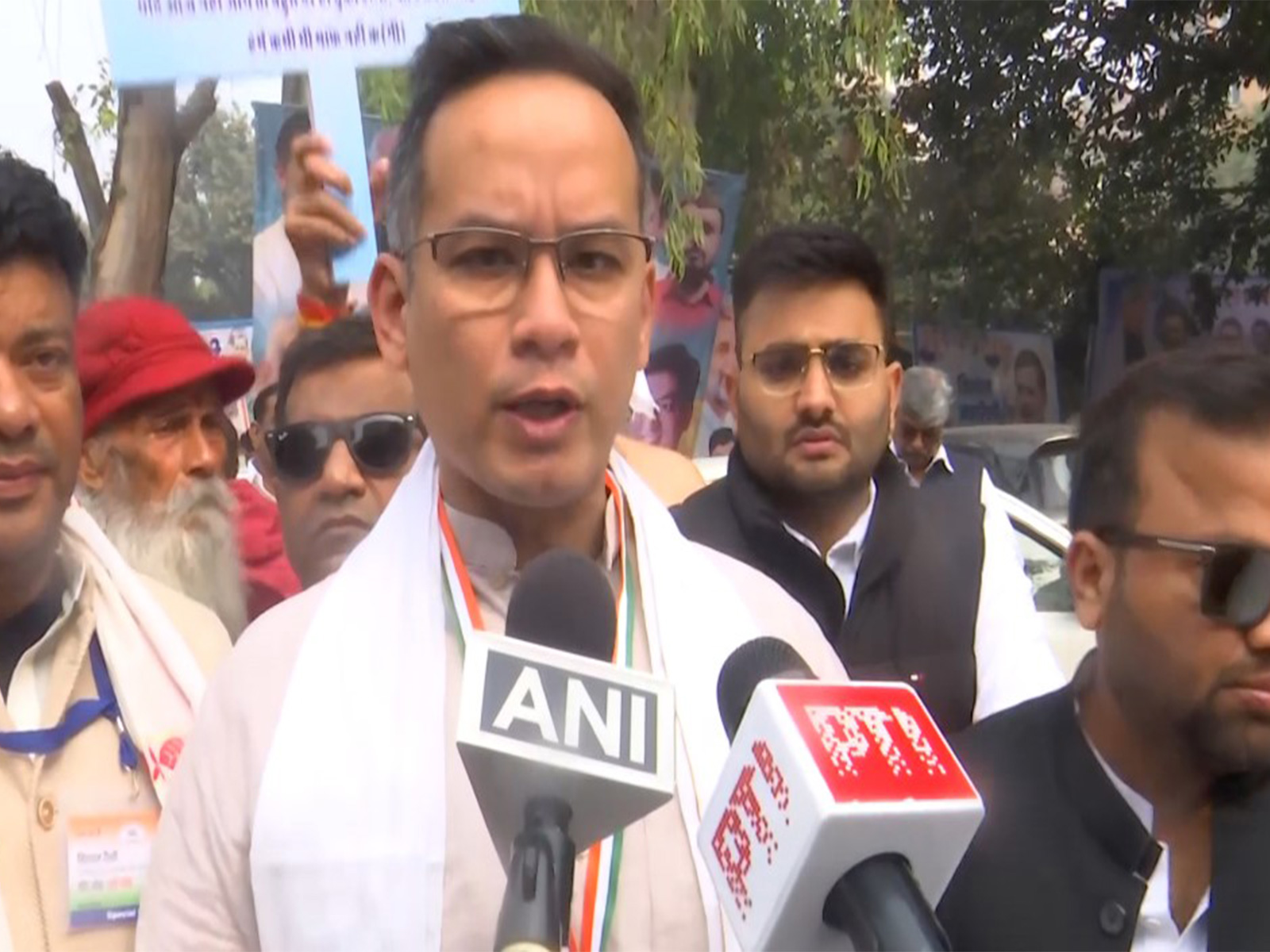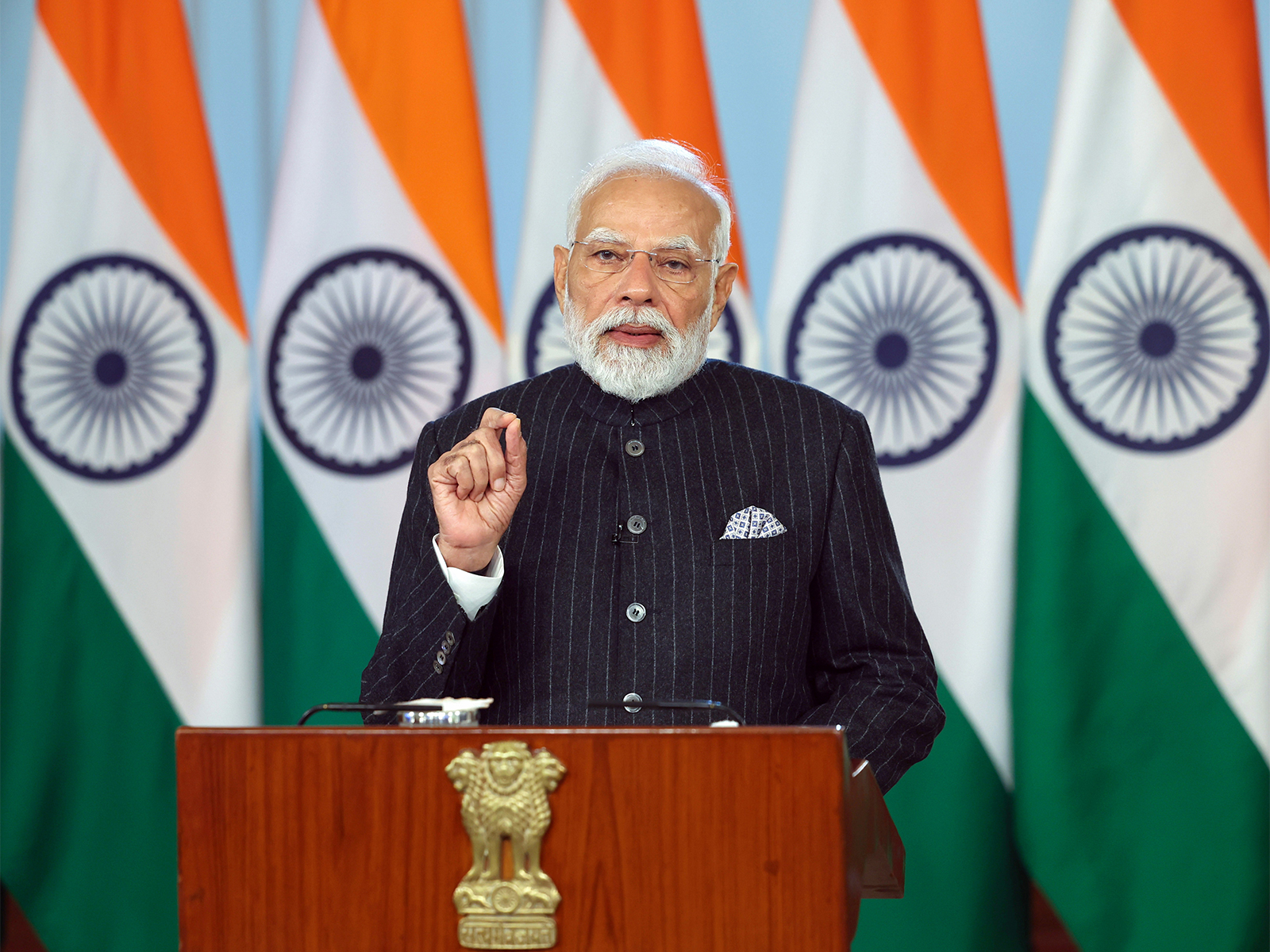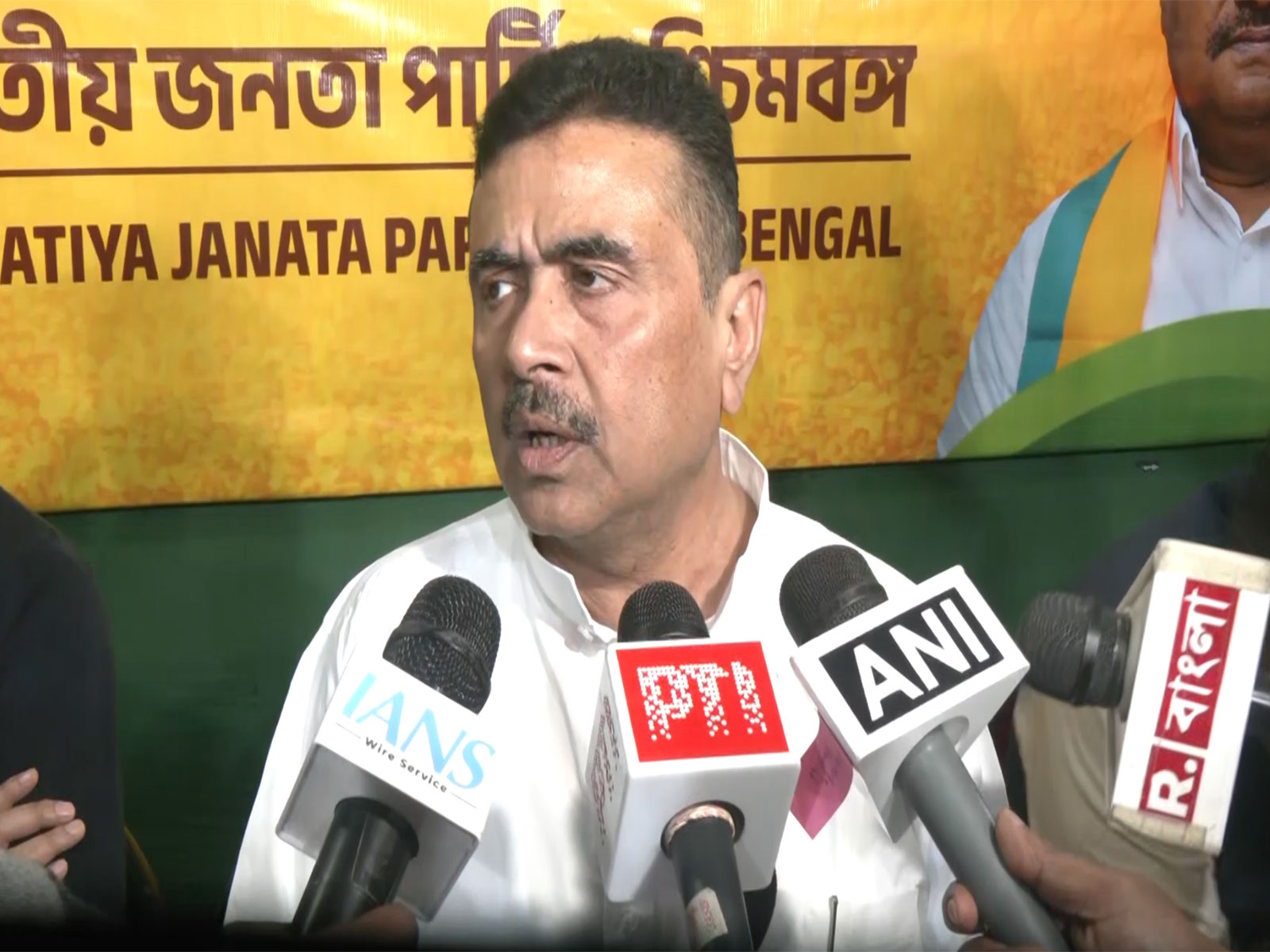Supreme Court directs IIT Dhanbad to admit Dalit youth to BTech course
Sep 30, 2024

New Delhi [India], September 30 : The Supreme Court on Monday used its extraordinary powers under Article 142 of the Constitution and directed IIT Dhanbad to admit a youth from the marginalised group in the BTech course.
A bench of Chief Justice of India DY Chandrachud and also comprising justices JB Pardiwala and Manoj Misra said that a talented student like the petitioner who belongs to a marginalised group should not be left out for admission.
Atul Kumar, who cracked IIT Dhanbad but could not get admission since he missed the fee payment deadline, has approached the Supreme Court seeking relief in relation to his admission to Indian Institute of Technology Dhanbad.
The Supreme Court exercised its power under Article 142 and granted him relief. Article 142 of the Constitution empowers the Supreme Court to do "complete justice" in any cause or matter pending before it.
The petitioner resides in Muzaffarnagar in Uttar Pradesh and is a son of a daily wager. He was allotted a seat at IIT Dhanbad. His grievance is that by the time he could arrange Rs 17,500 towards his admission fee, he was able to upload the documents, but was unable to pay the fees online since the cut-off time had expired at 5 pm of June 24, 2024.
The top court said that the talent of such a young boy cannot be left in lurch and directed that let him be in the same batch to which he would have been granted admission.
Before coming to the top court, the petitioner made an effort to contact the District Legal Services Authority in the State of Jharkhand, but was directed to move the competent court in Chennai since the examination is conducted by IIT Madras.
Eventually, he was apprised of the fact that the reliefs that have been sought would not be amenable to the jurisdiction under Article 226.
The Supreme Court in the last hearing said that this is a fit and proper case for the issuance of notice to explore whether something can be done for protecting the admission of the petitioner.

















